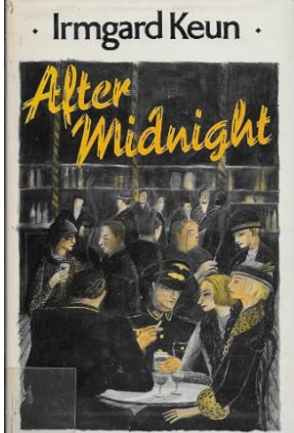Andromache Karanika - Voices at Work: Women, Performance and Labor in Ancient Greece.
Karanika, A. (2014). Voices at Work: Women, Performance and Labor in Ancient Greece. Johns Hopkins University Press.
Andromache Karanika's Voices at Work explores the intricate connections between ancient Greek poetry, the female poetic voice, and women's labour practices. The poetic voice is intricately intertwined to domestic chores and agricultural labour, such as weaving and storytelling. Karanika identifies female poetic expression and performance in ancient Greek poetry, revealing case studies like Calypso and Circe's weaving and Odyssey 6's washing scene. By revealing the words of women who informed the oral tradition, Karanika gives a voice to silence and sheds light on the complex relationships between ancient Greek poetry and women's labour. Karanika's research expands on Lardinois and McClure's Making Silence Speak (2001), while introducing a theoretical framework to a historical and anthropological approach. She underscores the significance of theory in opening new research possibilities (220). Karanika is not only interested in retrieving actual songs associated with women’s labour, but also in explaining and prioritising how women's labour offers an exemplar of "the very making of literary discourse" (220), and how work songs have "absorbed, enriched, and illuminated human life and labour" (219), as she writes in her epilogue.
Her book starts with scenes from Homer’s epics before moving on to speech acts (spells), lullabies and games. She reads an interruption of work, which includes weaving, as an interruption of song, and considers the implication as a poetics of interruption.
A proposed poetics of interruption suggests that while interruptions in work can be frustrating and disruptive, they may lead to a sense of disjointedness or fragmentation in the finished product. For example, a woman who is interrupted while writing a novel may find that her thoughts and ideas become more scattered, making it difficult to maintain a coherent narrative structure. Alternatively, interruptions in work could also lead to a more experimental or nonlinear approach to creative form, as the woman may be forced to find new ways of expressing her ideas. This feeds into how the interruptability of women’s work might influence literary form.



Comments
Post a Comment